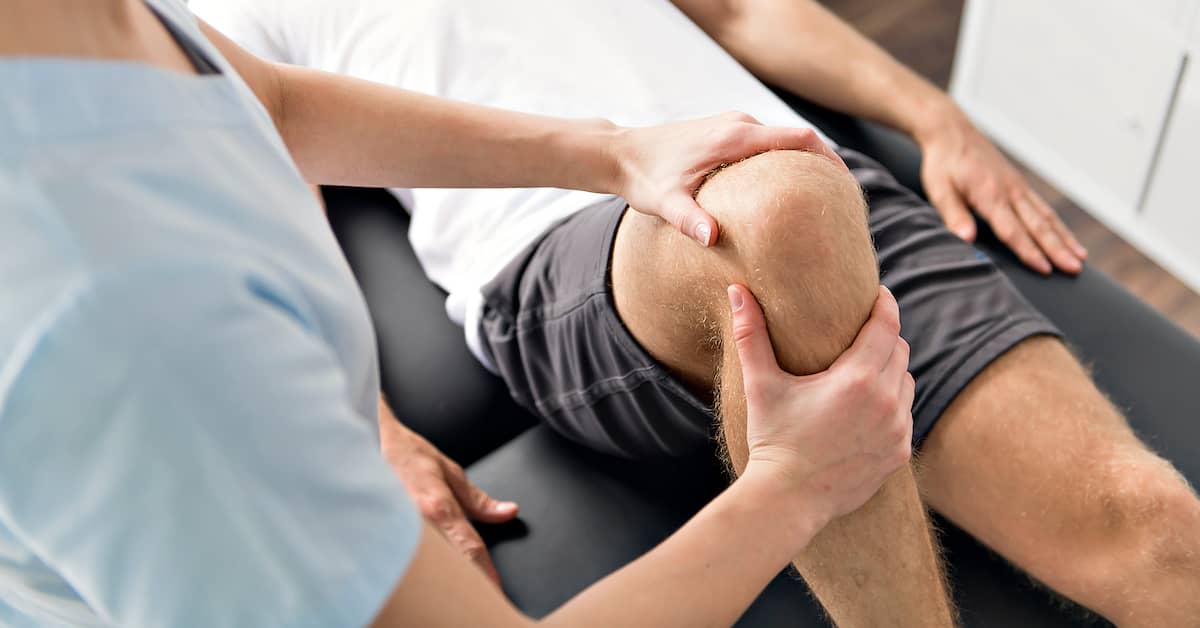Applying Cognitive Resilience to Enhance Performance in Sports Recovery
Wiki Article
Mental resilience is an essential trait that can significantly enhance results in athletic rehabilitation. Athletes often grapple with setbacks that require time away from their training, which can be both somatically and psychologically challenging. Psychological toughness refers to the ability to remain strong and optimistic in the face of adversity. It helps performers manage the stress of healing, stay committed on their milestones, and maintain motivation throughout the rehabilitation process. By developing emotional stamina, patients can enhance their recovery experience and return to their discipline more capable than before.

A single key aspect of building emotional toughness is setting realistic goals. When athletes are hurt, it is essential for them to have structured, realistic intentions during their healing. These goals should be specific, measurable, realistic, purposeful, and deadline-driven (actionable) principles. For example, instead of saying “I plan to recover soonâ€, an individual might set a goal like “I aim to do my rehab sessions thrice weekly for the next monthâ€. This helps athletes track their progress and keep their focus on what they can control, reducing feelings of frustration or hopelessness.
Another key factor in building inner strength is maintaining a uplifting mindset. Recovering individuals should practice affirmative thinking and guided imagery to foster a resilient mental environment. Affirming self-statements involves replacing limiting thoughts with motivating statements. For instance, instead of thinking “This is too hardâ€, an patient could tell themselves “I’m getting stronger with every stepâ€. Imagery can also be effective; patients can imagine themselves performing well in their activity as they recover. These practices help build confidence and reinforce the belief that return to performance is possible.
Supportive relationships play a essential role in fostering mental resilience during rehabilitation. Individuals should remain engaged with motivating companions, family members, trainers, and medical professionals who understand the challenges of rehabilitation. Open communication with these support figures allows recovering individuals to express their thoughts, concerns, and frustrations. Additionally, sharing experiences with other injured athletes can provide a sense of shared understanding and connection that makes the more info here process easier. Knowing others have faced similar challenges can foster hope and motivate individuals to keep going.
Lastly, awareness-based methods can greatly enhance an athlete’s emotional stability during recovery. Mindful awareness involves being aware of one’s important link internal dialogue and emotions without judgment. Practices such as mental stillness, controlled breathing, or gentle movement can help patients manage anxiety and emotional pressure related to their condition. By incorporating mindfulness into their regular habits, recovering individuals learn to stay present and focused on their progress, rather than dwelling on what they have missed during their time off from competition. This strategy promotes psychological balance and encourages a healthier attitude towards healing.